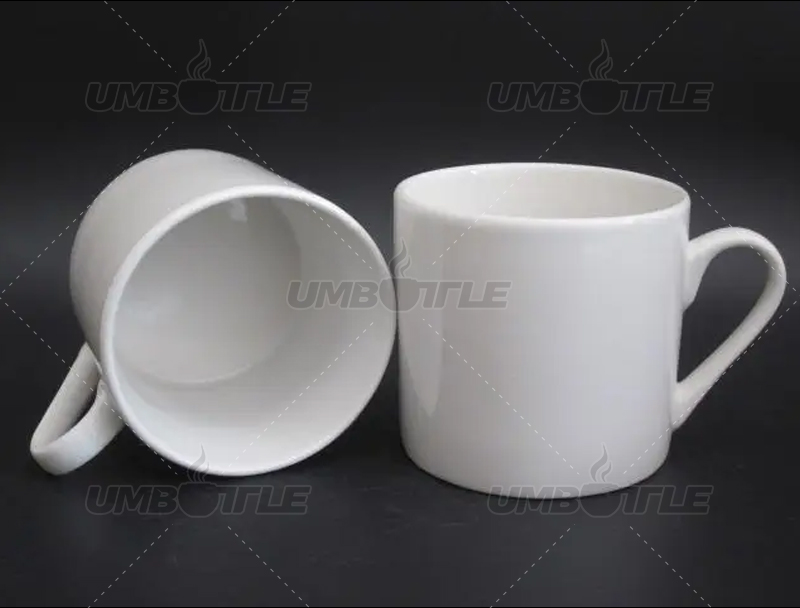What are the low-temperature ceramic water cups and high-temperature ceramic water cups?
Seeing this title, I think many friends will think that ceramic water cups have only heard of bone china, celadon, and the distinction between coarse and fine, so how can there be a distinction between high and low temperatures? http://www.umbottle.com/ProductsDetail-VB-10032.htmlHigh temperature is easier to understand, but how is ceramic fired at low temperature? Let me tell you.
Low-temperature ceramic water cups and high-temperature ceramic water cups are relatively common in the ceramic water cup market. Whether to use low-temperature firing or high-temperature firing is affected by the material, use environment, etc. What is low-temperature firing? Why is low-temperature firing necessary? http://www.umbottle.com/ProductsDetail-VB-10032.htmlWhat is high-temperature firing? Why is high-temperature firing necessary?
First of all, the "low temperature" of low-temperature fired ceramic cups is not the low temperature that some friends imagine. Usually, the average temperature of firing ceramic products is 1500℃-1800℃. http://www.umbottle.com/ProductsDetail-VB-10032.htmlIn the ceramic industry, the firing temperature below 1500℃ and 1200℃-1400℃ is low-temperature firing; and the firing temperature above 1500℃ can be called high-temperature firing. Of course, there are more rigorous distinctions in the industry, and I will not popularize this point. The more precise the distinction, the more confused people will be.
Secondly, what kind of water cups need low temperature firing? What kind of water cups need high temperature firing? The simpler the shape, the simpler the structure, and the rougher the porcelain material, the more likely they are to use low temperature firing technology. http://www.umbottle.com/ProductsDetail-VB-10032.htmlI am not saying that all such water cups are fired at low temperatures. On the contrary, the more complex the shape, the more diverse the structure, and the finer the porcelain material, the more likely they are to be fired at high temperatures.
Are there any obvious characteristics between low-temperature ceramic water cups and high-temperature ceramic water cups? http://www.umbottle.com/ProductsDetail-VB-10032.htmlCan you tell the difference at a glance from the appearance? For example: Take a ceramic coffee cup as an example. If the finished product is grayish white or yellowish white, the glaze is thick and smooth, the ceramic cup wall is thick and the surface feels rough and not delicate, this can basically be judged as a low-temperature ceramic water cup. On the contrary, if the finished product is natural white, bright white, milky white, the glaze is thin, uniform and translucent or has no glaze, the ceramic cup wall is thin but gives people a feeling of tight texture, and the surface is delicate and smooth, this can basically be judged as a high-temperature ceramic water cup.

Dongguan Zhanyi Commodity Technology Co., Ltd. specializes in the production of metal cups, plastic cups, coffee cups, suction mug, lunch boxes, food jar, travel mugs, portable water bottles, sports bottles, home life desktop trash cans, thermos bottles, etc.These products are all our annual exports, and are recognized and loved by the US, Europe, Australia, Japan, South Korea, Taiwan, Hong Kong and other consumers. Support for small quantity order, fast customization.